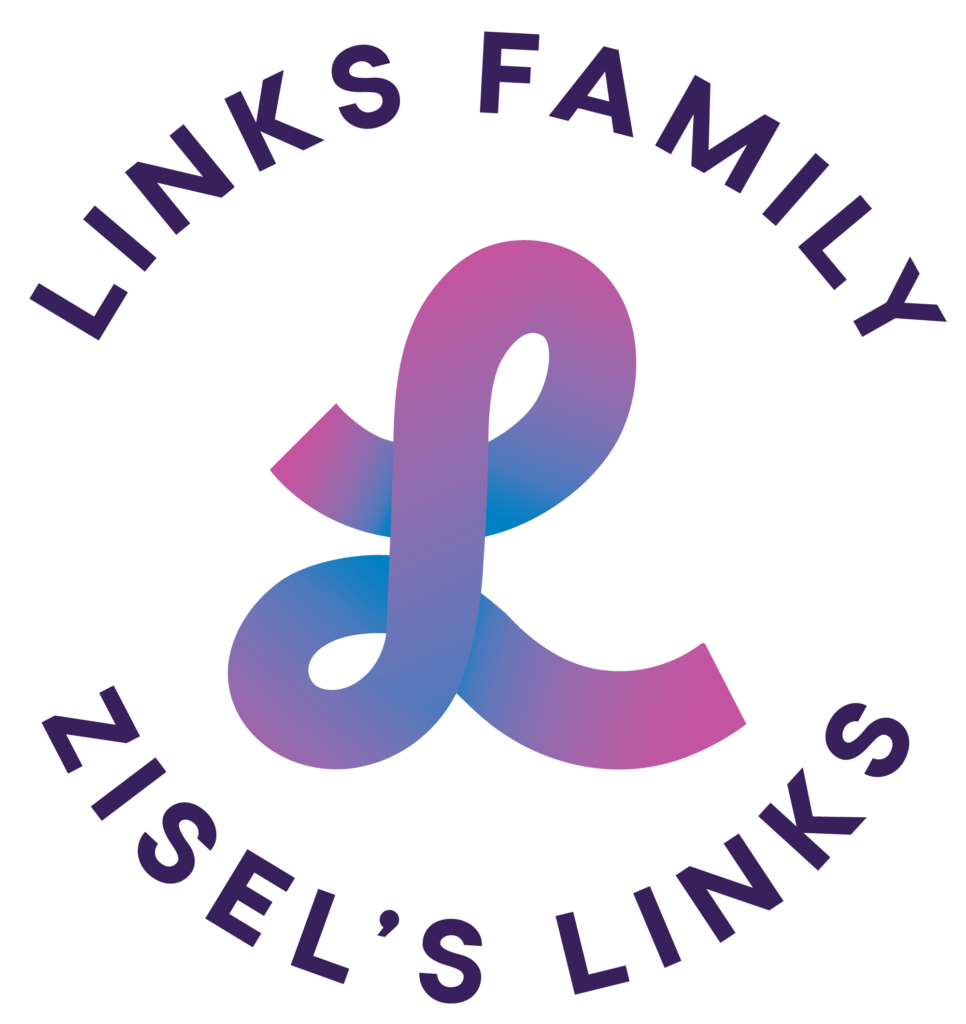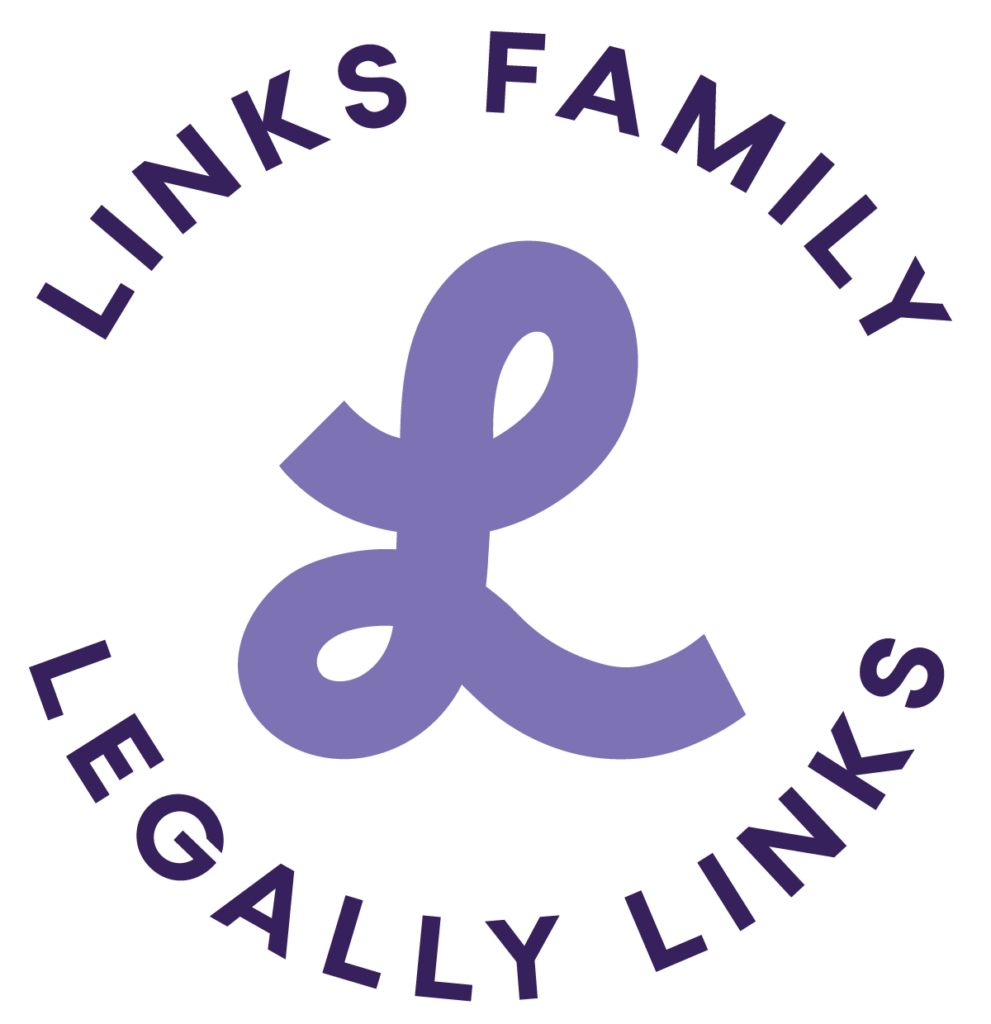Whatever they feel, they’re never alone.

We provide a ray of hope to thousands of children and teens coping with the loss of a parent


The loss of a parent can shake the foundations of a child’s belief in the world as a safe place, leaving them feeling alone and misunderstood. Our programs are run by adults who experienced the loss of a parent as a child or teen — who have the unique capacity to understand, guide, and inspire.
Serving Jewish communities around the world, our mission is to give every frum child and teen living with parental loss the chizuk and validation they crave, the permission to grieve in their own way, and the reassurance that they are not alone.
Thousands of children.
365 days a year.

Catering to girls in high school, seminary, and beyond, Zisel's Links provides a network of support, events, Shabbaton, targeted publications, dating program, and more.

Serving boys ages 6-23 Shlomie’s Club offers a network of support, including events, 2 Shabbatons, bar mitzvah program, targeted publications, and more.

Girls in preschool through eighth grade benefit from a network of support including events, targeted publications, bas mitzvah program, and more, all tailored to their age level.

Staffed by successful lawyers, accountants, and financial experts, Legally Links provides legal, tax, financial, and investment guidance pro bono to widows, widowers, and children who have lost a parent.


